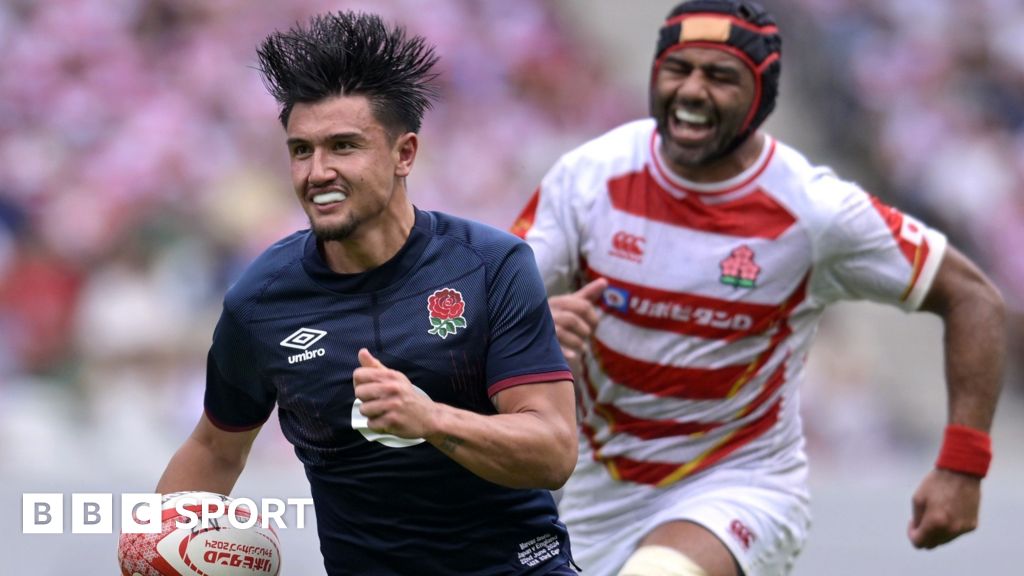Test rugby must get on the road World Rugby candidate Robinson
Written by I Dig Sports
Robinson also wants rugby to experiment more with how the sport is played and presented to lock in a young generation of fans.
"The channels that we historically consumed through - print, TV and radio - are not the channels younger people consume," he said.
"When you look at the way that NBA and NFL are targeting my kids and their friends with the gaming, with the Netflix series, the podcasts- we have to challenge ourselves to do things that are contemporary and relevant to them."
This years Autumn Nations Series has included several new law variations including 20-minute red cards and speeding up the set-piece along with referees broadcasting the reasoning behind their decision to the stadium crowds.
Robinson believes there is still more to be done to keep the action flowing and to reward teams attacking with ball in hand, rather than kicking.
"The fan is not something we have necessarily put in the centre, and I do think that is changing," he added.
"At World Rugby, we have historical process about change and that is challenging because we are a massive global sport with lots of stakeholders, but we can probably do more.
"I think we can probably reflect on how we move things forward faster - it is probably the impatient Australian in me but I find it a bit bureaucratic."
One area where Robinson does want more regulation is around player contracts and movement.
He is concerned about the international transfer of young prospects, with academies offering teenage players in the men's game contracts to move thousands of miles from home and potentially out of contention for their native international side.
Another issue is the pressure that rising player wages have placed on the club game. Australian side Melbourne Rebels followed English Premiership sides Wasps, London Irish and Worcester into administration earlier this year.
"World Rugby doesnt directly control things, but it has a role in bringing together unions to consider how we can deal with it," said Robinson.
"We need to work together on a model that creates some friction in player transfer arrangements, because we have some environments where player wage inflation is being underwritten by philanthropy, not the true commercial revenues of the sport.
"That is not sustainable in that competition, but also it is destroying the foundations of other competitions as talent leaves or the attempt to retain it pushes the salary budget through the roof and teams fall over."















 Phone: (800) 737. 6040
Phone: (800) 737. 6040 Fax: (800) 825 5558
Fax: (800) 825 5558 Website:
Website:  Email:
Email: 






